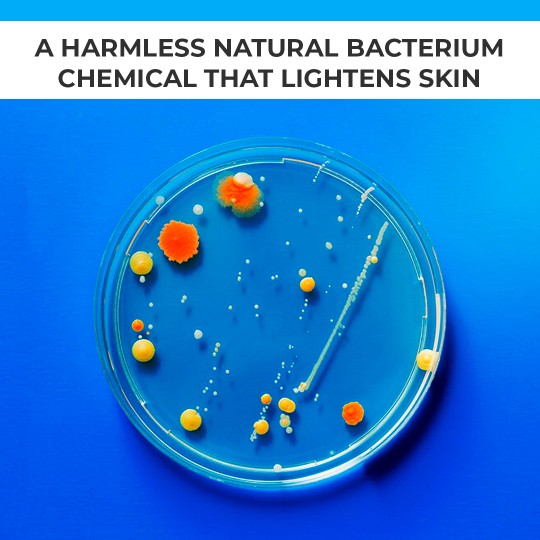A harmless natural bacterium chemical that lightens skin
Science News, August, 2024: The body’s biggest organ and an essential part of the immune system, the skin is shielded from the damaging effects of ultraviolet (UV) radiation by melanin. Tyrosinase is an essential component of the biosynthetic pathway, which is how melanocytes produce melanin in response to UV radiation exposure. Study has shown that the metabolite cyclo(L-Pro-L-Tyr) from Corynebacterium tuberculostearicum efficiently inhibits this enzyme. These results point to cyclo(L-Pro-L-Tyr) having potential uses as a safe cosmetic ingredient. However, excess melanin formation and hyperpigmentation can arise from abnormalities in this system brought on by aging or UV exposure. Tyrosinase inhibitors, which inhibit the manufacture of melanin, have gained value in the cosmetics sector as a solution to this problem. Regrettably, it has been discovered that several of these substances, such hydroquinone, are harmful to human skin and can result in rashes and symptoms similar to vitiligo. As a result, using hydroquinone is no longer advised.



